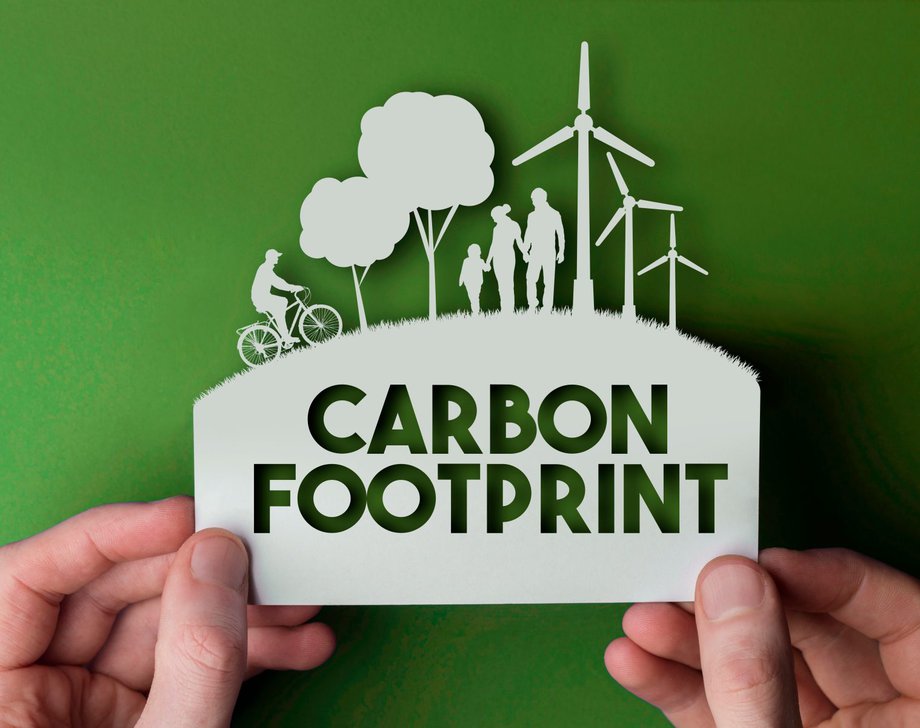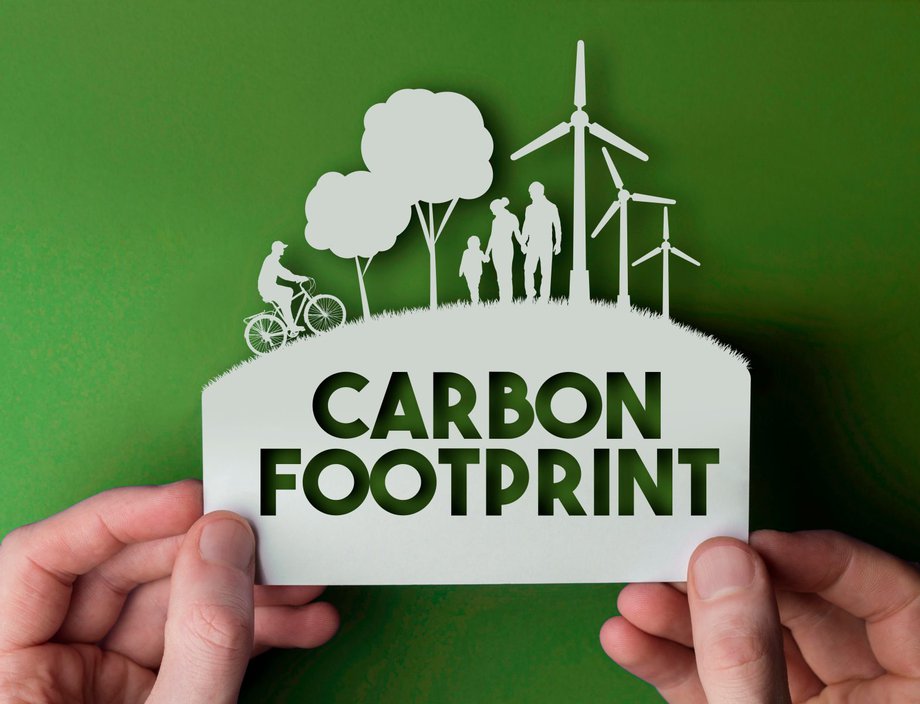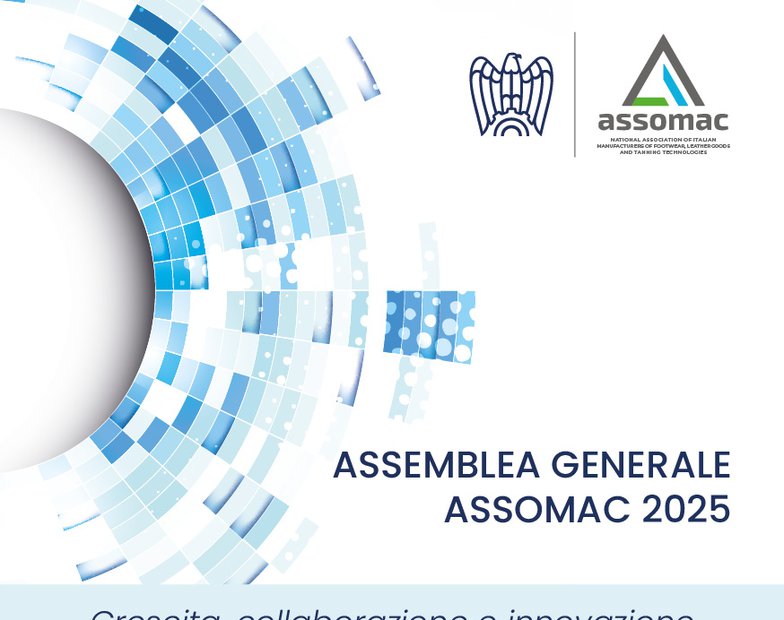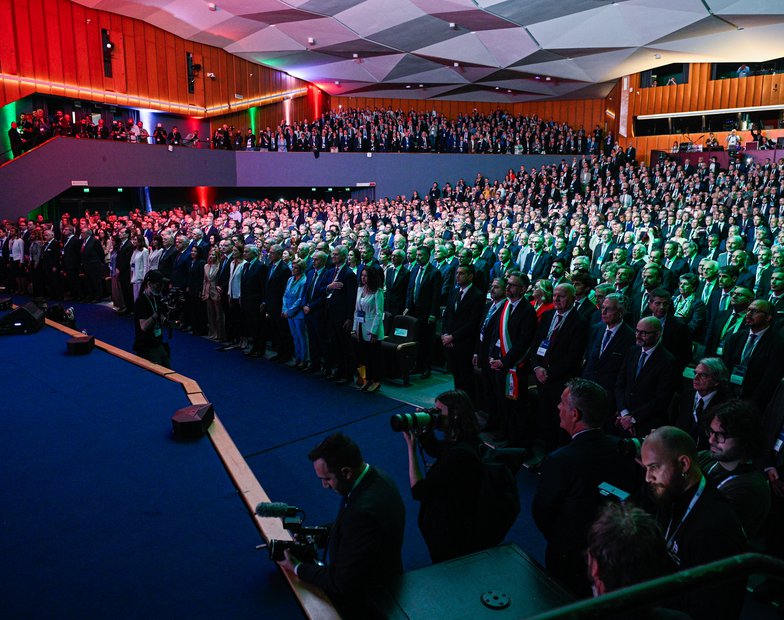“Supplier of Sustainable Technologies”: ASSOMAC study on Sustainability.
We started from the Assomac project "Supplier of Sustainable Technology", which produced the "Green Label”, to illustrate how the concepts of environmental sustainability and circular economy combine with welfare and social inclusion.
To improve the interaction between the company and the environment, intermediate goods producers are required to perform a performance assessment, which allows them to express an opinion on the results of environmental management.
Pursuing sustainable purposes means paying attention to the fact that a product and a company are not appreciated only for themselves, but also for their non-material characteristics, such as the conditions of production and supply, as well as the image and their history.
ISO 26000 is an international standard that provides guidelines on Corporate Social Responsibility (CSR). CSR goes beyond compliance with legal requirements and identifies practices and behaviours that a company adopts on a voluntary basis, in the belief of obtaining results that can bring benefits and advantages in addition to itself also to the context in which it operates.
We must take a path of certification of the adoption of environmental protection policies, both relating to companies (management systems and / or production processes), and relating to products, then demonstrate the consequent benefits in the financial statements of companies, and activate policies training and updating on the issues of social responsibility, declining them on the basis of the specific characteristics of our mechanical sector for leather and leather products.
The "Supplier of Sustainable Technology" program involves companies that, with multiple modalities and different degrees of intensity, support commercial activities with others of a social nature. Companies that continue to have the aim of making profits, but which also put among their objectives that of bringing benefits to the surrounding environment, their employees, suppliers or other stakeholders involved in their business.
In particular, the companies participating in the program are companies that obtain a certification, the “Green Label”, on the energy performance of the machines, which is a first step in applying the "Life Cycle Assessment" methodology and an important component of a certification system. environmental aspects of the machines and technologies that allow to calculate the carbon footprint of the production activity in which the machines and technologies supplied are involved.
The training will support companies that intend to achieve the objective of creating an annual social report aimed at illustrating the actions taken to achieve social and environmental objectives.
The concept of sustainable business also encompasses and exceeds that of Socially Responsible Business because it embraces a broader and wider vision, in space and time, than that of the so-called stakeholders. Environmental effects, next generations, rhythms of nature, ecosystems, biodiversity, real value of things, people and cultures, needs of the poor: the concept of corporate sustainability is truly broad and profound.
Furthermore, we are increasingly dealing with international supply chains in the leather and leather products or substitutes sector, and therefore the activity of each company that is part of a specific supply chain affects, wherever it is located, the global sustainability of the entire process. and therefore, also of the other companies that are part of it. In other words, the supply chains have different specializations, but they are integrated.
Companies thrive only if they are well integrated into the supply chain. And here digital comes to the rescue: to do this, it is necessary to collect, analyse and evaluate a continuous flow of data and information from its supply chain; quantitative and qualitative data, coming from many different sources such as corporate information systems, from public databases, from sensors and machinery, from economic and financial transactions, from social networks, from external partners such as certification bodies and analysis laboratories, research institutes, universities and end consumer ratings.



